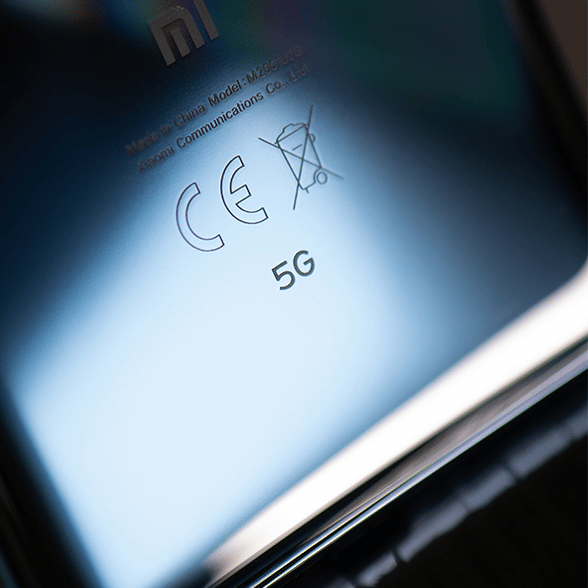A readiness index that measures performance in digital connectivity across G7 nations ranked the United States second, tied with Germany and following the first-placed United Kingdom.
The “International Digital Connectivity Readiness Index,” published by consultant company FarrPoint, measures performance in both digital infrastructure and digital adoption. Infrastructure metrics include things such as broadband, Gigabit, and 4G and 5G connectivity. Adoption metrics examine readiness in digital skills, online security, access to public services, affordability, and innovation, among other aspects.
“The Digital Connectivity Readiness Index (DCRI) allows policymakers and businesses to benchmark their key challenges and opportunities and make informed, evidence-based decisions when developing digital strategies and projects,” FarrPoint described in the report.
As an international scale, the index is intended to help these decision-makers with their investment choices by allowing them to recognize where a country performs well and where it encounters challenges.
While the U.S. ranked second overall among the G7 in digital connectivity readiness (jointly), it ranked sixth in digital infrastructure and third in digital adoption.
In the infrastructure category, the U.S. scored highly in mobile connectivity. It ranked first (jointly) in 4G coverage and first (solely) in 5G coverage. However, the U.S. had slightly below-average broadband connectivity and the lowest ranking in Gigabit-capable coverage, the report showed.
In the adoption category, the U.S. demonstrated outstanding performance in the digital economy and innovation segment, due to its exceptional technology sector. It also scored highly in providing accessible online public services, showing the nation’s commitment to harnessing digital technology for economic and social benefits, the connectivity report maintained.
On other aspects of digital connectivity — including both digital skills and online security and well-being — the U.S. scored lower. Notably, “affordability remains a significant obstacle, as many households struggle with the cost of digital services,” according to the report.
Recently the NTIA announced almost $1 billion in funding through a competitive grant program, to enhance digital skills among Americans who don’t have adequate broadband service.
The digital connectivity scores in the International DCRI are based on a range of values gathered from many data sources, including the Organisation for Economic Co-operation and Development (OECD), the World Bank, the European Commission, International Telecommunication Union (ITU), Global System for Mobile Communications (GSMA), the United Nations (UN), and United Nations Educational, Scientific and Cultural Organization (UNESCO).


